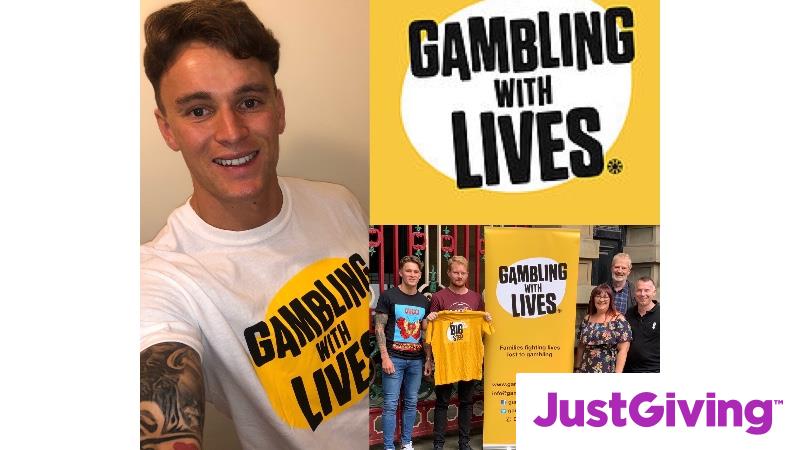Crowdfunding Gambling
Crowdfunding for Gaming 'If life doesn't offer a game worth playing, then invent a new one'. D'Angelo Game-on for you to support the development of the next new video game through crowdfunding. Crowdfunding simply refers to the idea of raising funds for a project or cause through a large group of people online. Individuals or small businesses can take advantage of it to get early-stage support for their ideas. There are typically three types of crowdfunding: reward crowdfunding, debt crowdfunding, and equity crowdfunding.


Crowdfunding Gambling Websites
As the old advertising slogan nearly had it, the reaction of most financial professionals to the rise of crowdfunding has been to shout: 'I Can't Believe It's Not a Totally Unregulated Securities Market!' In the last few months, several senior industry voices have been calling for a minimum investment size of £1,000 to protect small investors from the risks involved. But the rise of equity crowdfunding gives us an opportunity to think about what kind of regulation is actually needed, and what place we should see different kinds of capital markets having in the industrial society of the future. In particular, what do we mean by 'investment', and how does it differ from 'gambling'?


The concept of equity crowdfunding is pretty simple. Rather than going through the process of getting listed on a stock exchange, startup companies can sell shares directly to the public – either by marketing them directly to their existing customers, like Brewdog, or by advertising them on platform websites like Crowdcube or Seedrs. It is by no means entirely unregulated – many platforms are regulated by the FCA and carry out at least a degree of due diligence to weed out frauds. So far, in fact, there has only been one major fraud selling shares to the public via crowdfunding (Ascenergy, in America), and none so far in the UK. But what we have seen is a large number of business failures of crowdfunded companies, including several cases which failed so quickly they raised the question of whether there was really a viable business there at all.